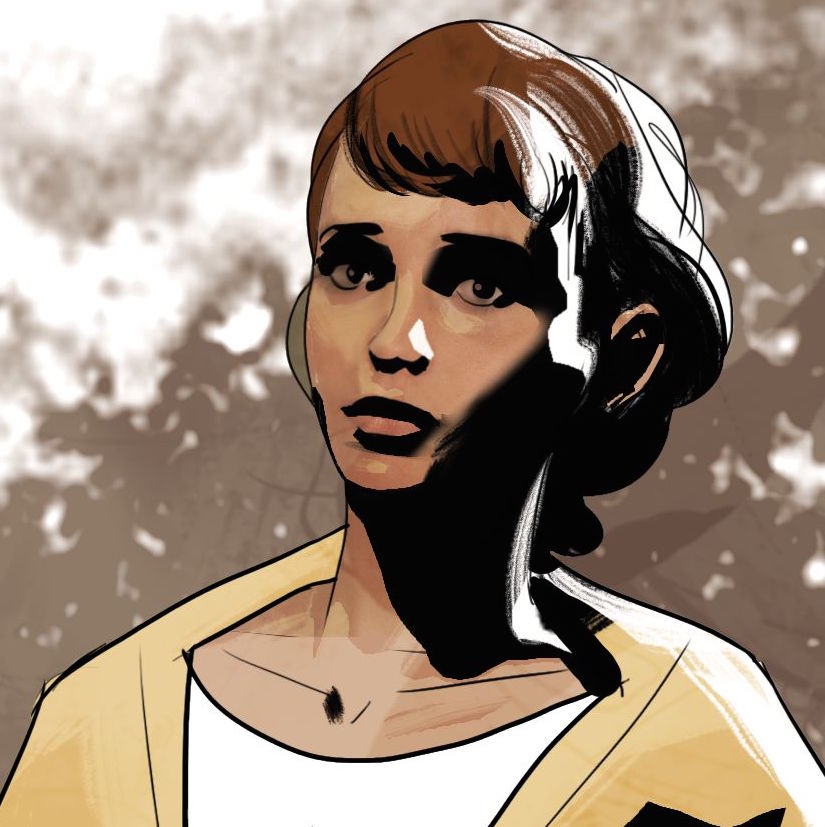Dear Diary,
I am feeling so very thankful today. Unique times call for unique solutions, and somehow the recent war in Europe has given me an incredible opportunity. Most of the country’s major newspapers are sending reporters over to the front lines, and what with the limited number of men around to fill positions, I have been hired as an archivist at a paper here in Montreal. I believe it is because I am fluent in both English and French, and because of my excellent penmanship. I will be responsible for cataloguing the great number of letters, pictures and news reports that come in on a daily basis. If all goes well, I may even have the chance to write my own stories. It would be a dream come true.
I feel especially proud of how far my fellow women and I have come in these last few years. The suffrage movement is gaining momentum and rumours are circulating that we women work harder, faster and smarter than the men whom we are replacing. I feel that it is only a matter of time until we are considered equals with our husbands and brothers.
One of my first responsibilities is to transcribe interviews with a number of French-Canadian women who will be travelling as nurses on an ocean convoy to France. One woman, Louise Masson, is being given the opportunity to join Doctor Arthur Mignault in France. It is said that he wants to set up a solely French-Canadian hospital near the front lines in eastern France. My French heart swells with pride to think of Madame Masson and Dr. Mignault supporting our troops in the fight against Germany.
Ms. Masson mentions in her interview that Marie Curie is an important influence in her decision to study medicine, and that joining the army will be an excellent opportunity for her to practise her skills. Madame Curie has introduced a mobile X-ray machine to the front lines. This is allowing our allies to quickly and effectively assess our soldiers directly on the battlefield. I am confident that this is just one advantage that will allow us to end this war quickly and return to our regular lives.
I am looking forward to what lies ahead for me. Once the war is over, I will be able to focus more of my attention on the Women’s Movement and our fight for equality. I won’t have to write my feelings in a diary. Instead, I will be able to share them with my colleagues and peers without being labelled a nuisance. The 20th century has already brought so much change, I can only wonder what is in store. I have a feeling my diary will soon be filled with stories I cannot even imagine today.
Until my next entry,
Rose



